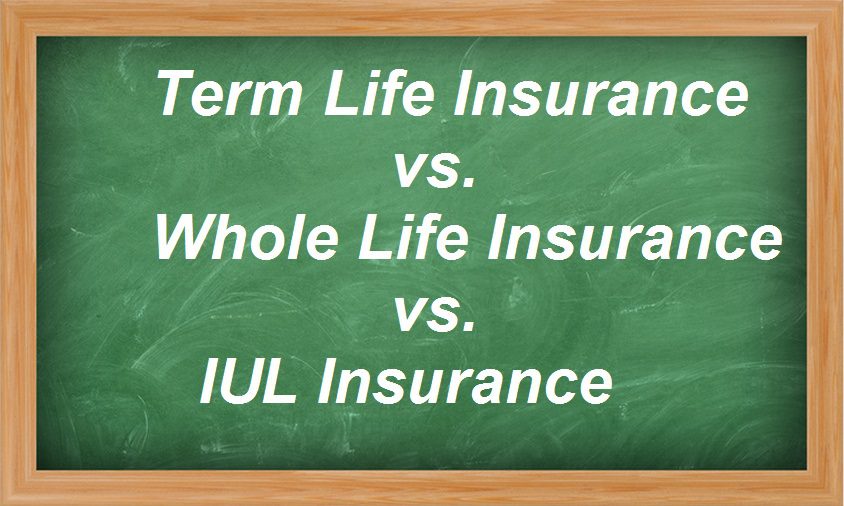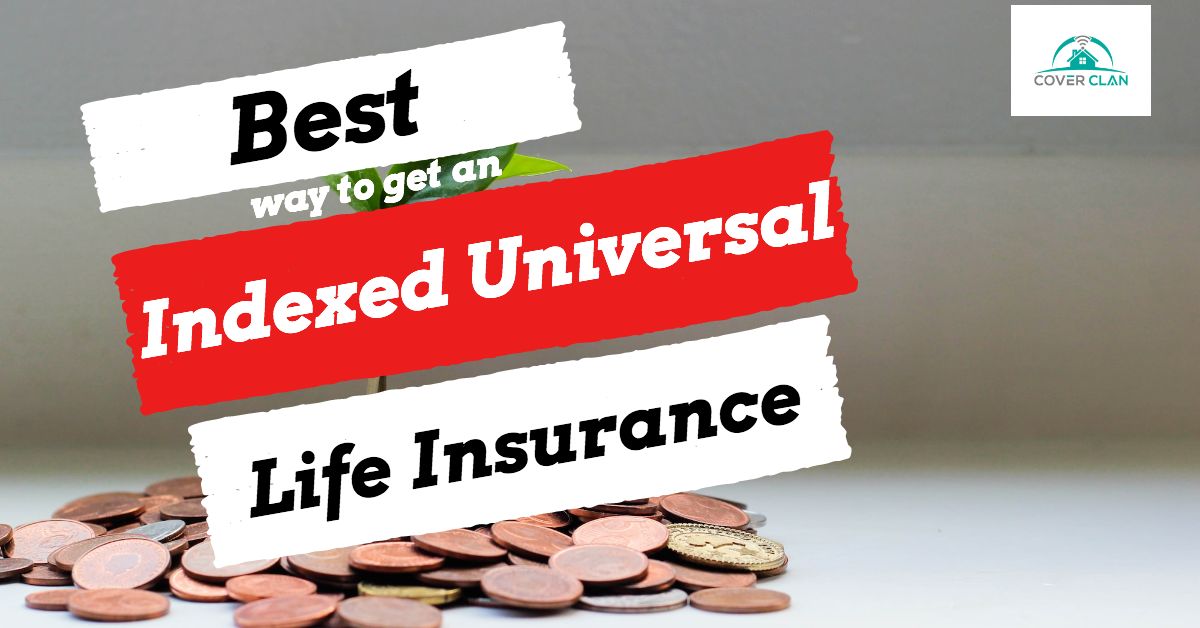All Categories
Featured
Table of Contents
Indexed Universal Life (IUL) insurance coverage is a kind of long-term life insurance coverage policy that combines the attributes of conventional universal life insurance policy with the potential for cash value development linked to the efficiency of a securities market index, such as the S&P 500 (IUL vs whole life). Like various other kinds of irreversible life insurance policy, IUL supplies a survivor benefit that pays to the recipients when the insured dies
Cash worth build-up: A section of the premium payments enters into a cash value account, which earns rate of interest with time. This cash worth can be accessed or borrowed against during the policyholder's life time. Indexing option: IUL policies provide the possibility for money worth growth based on the performance of a securities market index.
High Cash Value Iul
As with all life insurance policy products, there is additionally a set of dangers that insurance holders need to know prior to considering this kind of policy: Market risk: Among the main risks associated with IUL is market danger. Given that the cash money value growth is connected to the efficiency of a securities market index, if the index chokes up, the cash money value might not expand as anticipated.

Sufficient liquidity: Insurance holders should have a secure financial situation and be comfy with the premium settlement requirements of the IUL policy. IUL permits adaptable premium settlements within specific restrictions, but it's vital to preserve the policy to guarantee it attains its designated purposes. Passion in life insurance policy protection: Individuals that need life insurance coverage and a passion in cash money value development might discover IUL attractive.
Candidates for IUL need to have the ability to comprehend the technicians of the plan. IUL may not be the most effective alternative for individuals with a high resistance for market danger, those who focus on low-cost financial investments, or those with more immediate financial demands. Consulting with a certified economic advisor that can offer individualized support is crucial before taking into consideration an IUL plan.
All registrants will receive a schedule invite and web link to join the webinar using Zoom. Can't make it live? Register anyway and we'll send you a recording of the discussion the following day.
Indexed Universal Life Insurance
You can underpay or miss costs, plus you might be able to readjust your fatality benefit.
Cash worth, along with possible development of that value via an equity index account. An option to assign component of the money worth to a fixed passion choice.
Insurance holders can choose the percentage alloted to the dealt with and indexed accounts. The worth of the picked index is tape-recorded at the start of the month and compared with the worth at the end of the month. If the index raises throughout the month, interest is included in the cash worth.
The resulting rate of interest is added to the money worth. Some plans determine the index acquires as the amount of the changes for the period, while various other plans take an average of the day-to-day gains for a month.
What are the benefits of Indexed Universal Life Interest Crediting?
The price is set by the insurance company and can be anywhere from 25% to greater than 100%. (The insurance provider can additionally transform the get involved price over the lifetime of the policy.) For instance, if the gain is 6%, the participation rate is 50%, and the existing cash value total is $10,000, $300 is included to the cash money worth (6% x 50% x $10,000 = $300).
There are a variety of pros and disadvantages to consider before acquiring an IUL policy.: Just like standard universal life insurance policy, the insurance holder can boost their premiums or reduced them in times of hardship.: Quantities credited to the cash value grow tax-deferred. The cash money value can pay the insurance policy costs, enabling the insurance holder to decrease or quit making out-of-pocket costs payments.
Is there a budget-friendly Iul Investment option?
Several IUL plans have a later maturation date than various other kinds of universal life plans, with some ending when the insured reaches age 121 or more. If the insured is still to life at that time, plans pay the death advantage (but not typically the cash value) and the proceeds might be taxed.

: Smaller sized plan stated value do not use much benefit over routine UL insurance policy policies.: If the index decreases, no rate of interest is attributed to the cash value. (Some policies supply a reduced guaranteed price over a longer period.) Other financial investment vehicles make use of market indexes as a criteria for efficiency.
With IUL, the goal is to make money from upward movements in the index.: Since the insurance coverage business just gets options in an index, you're not straight invested in stocks, so you don't profit when companies pay dividends to shareholders.: Insurers fee fees for handling your cash, which can drain pipes money value.
What types of Iul Investment are available?

For most individuals, no, IUL isn't better than a 401(k) - Indexed Universal Life accumulation in terms of saving for retired life. A lot of IULs are best for high-net-worth individuals searching for means to minimize their gross income or those who have maxed out their various other retirement options. For everyone else, a 401(k) is a better investment lorry because it does not bring the high fees and premiums of an IUL, plus there is no cap on the amount you might earn (unlike with an IUL plan)
, the incomes on your IUL will certainly not be as high as a normal financial investment account. The high expense of costs and costs makes IULs expensive and substantially less inexpensive than term life.
Indexed global life (IUL) insurance provides cash worth plus a death advantage. The money in the cash value account can make passion with tracking an equity index, and with some commonly designated to a fixed-rate account. Indexed universal life plans cap exactly how much cash you can accumulate (often at less than 100%) and they are based on a perhaps unpredictable equity index.
Who has the best customer service for Indexed Universal Life Investment?
A 401(k) is a far better choice for that function since it doesn't carry the high charges and costs of an IUL policy, plus there is no cap on the amount you might make when spent. A lot of IUL plans are best for high-net-worth people looking for to reduce their gross income. Investopedia does not provide tax, financial investment, or economic services and guidance.
If you're thinking about getting an indexed universal life policy, very first consult with an economic consultant that can describe the nuances and offer you an accurate photo of the actual possibility of an IUL policy. Make certain you recognize just how the insurer will certainly calculate your rate of interest rate, earnings cap, and charges that could be examined.
Latest Posts
What are the benefits of Iul Plans?
Indexed Universal Life Tax Benefits
Why should I have Long-term Indexed Universal Life Benefits?